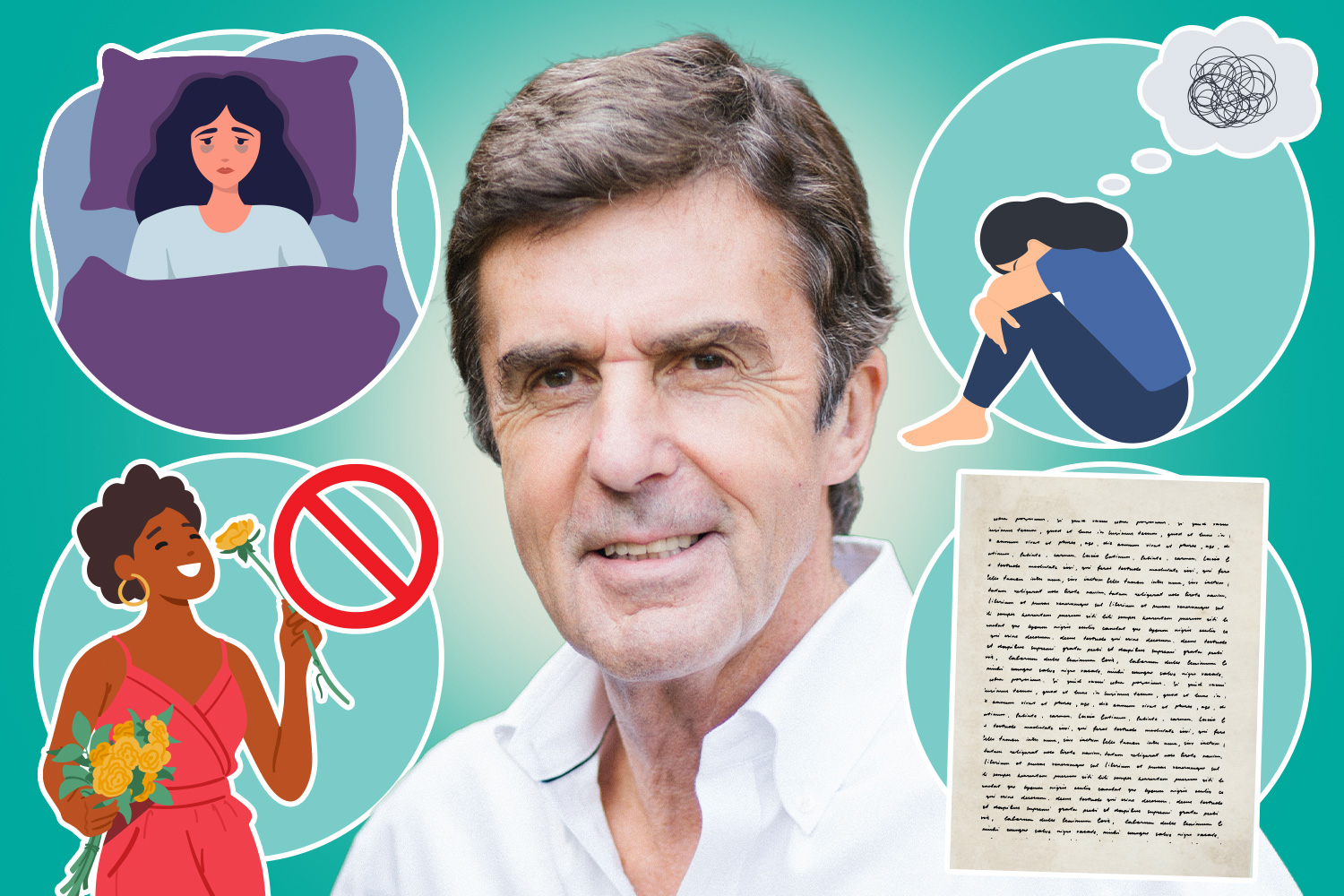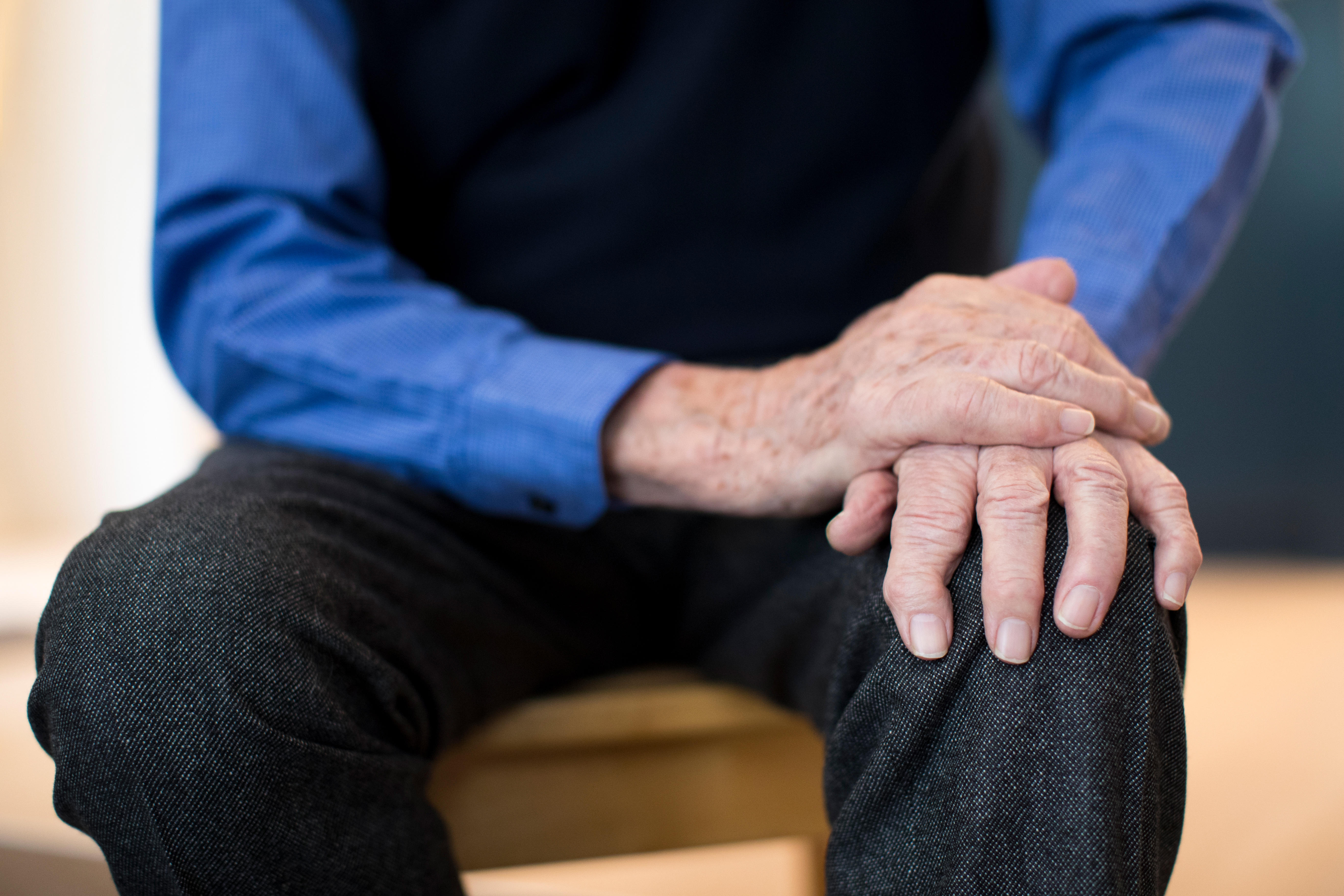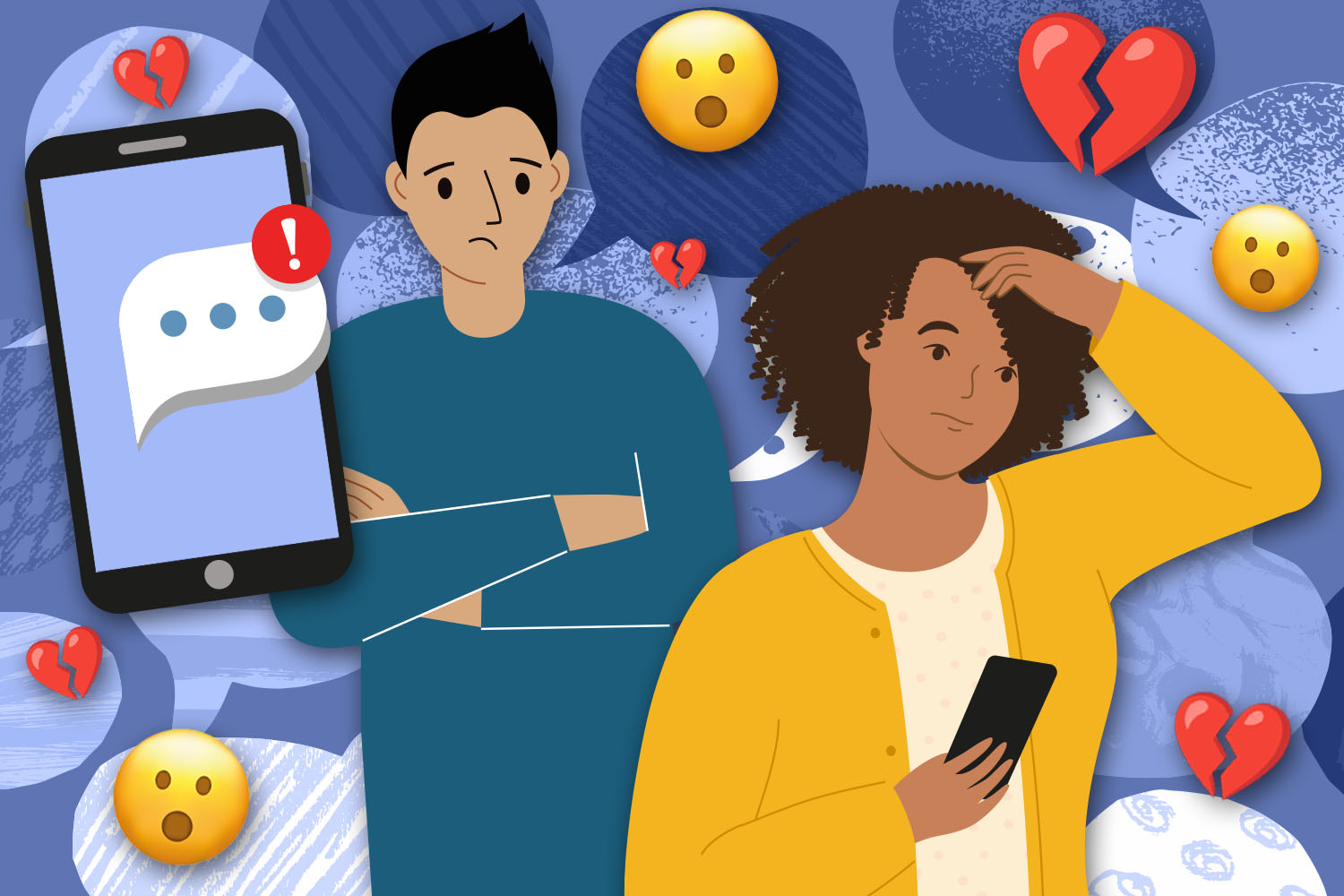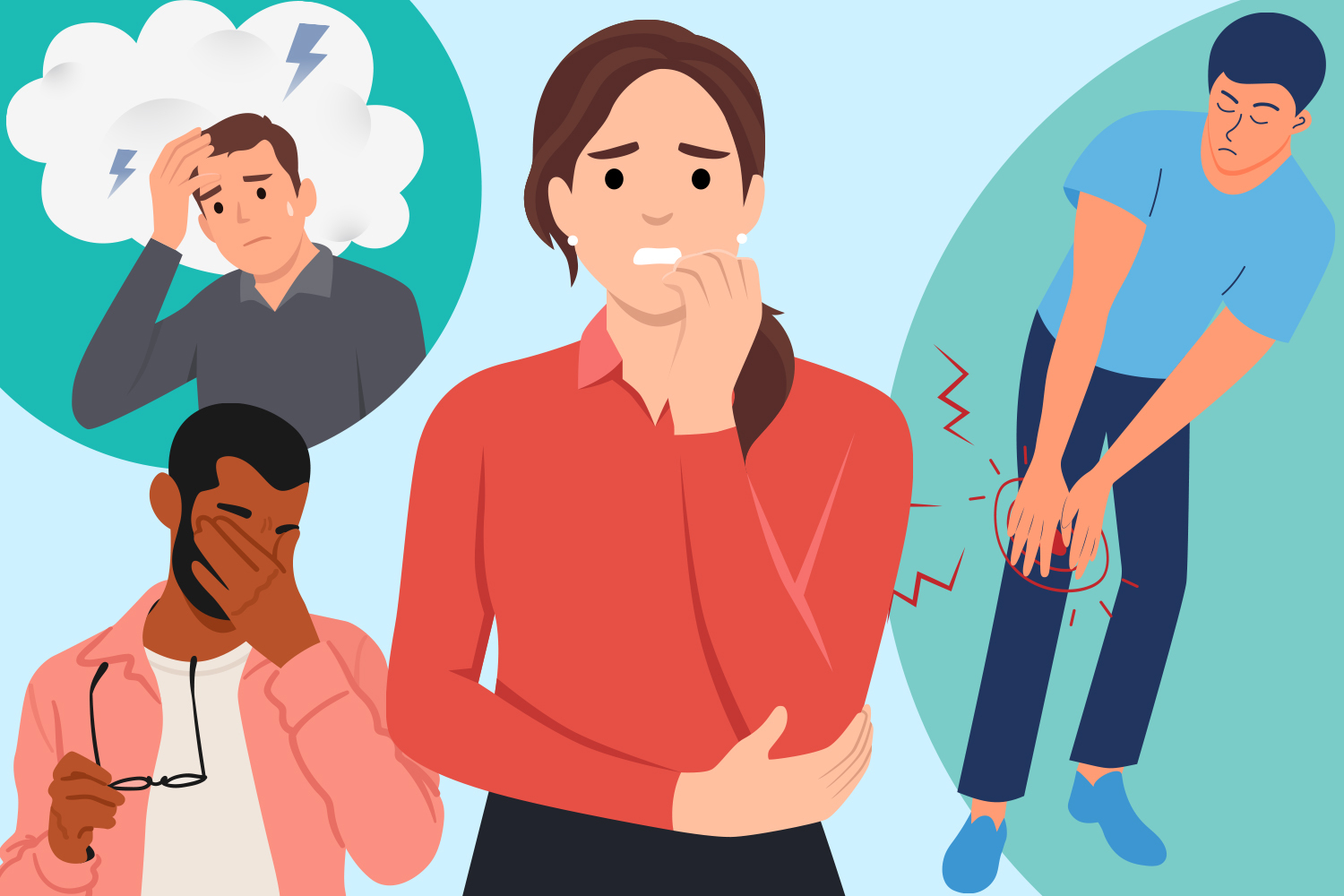IN the UK, someone is diagnosed with Parkinson’s, a progressive neurological disease every 20 minutes – and it’s anticipated that by 2050, there will be 25 million people living with the disease around the world.
New research by Parkinson’s UK predicts the figure to be even higher, as it suggests over 20,000 Brits could unknowingly be living with the condition.
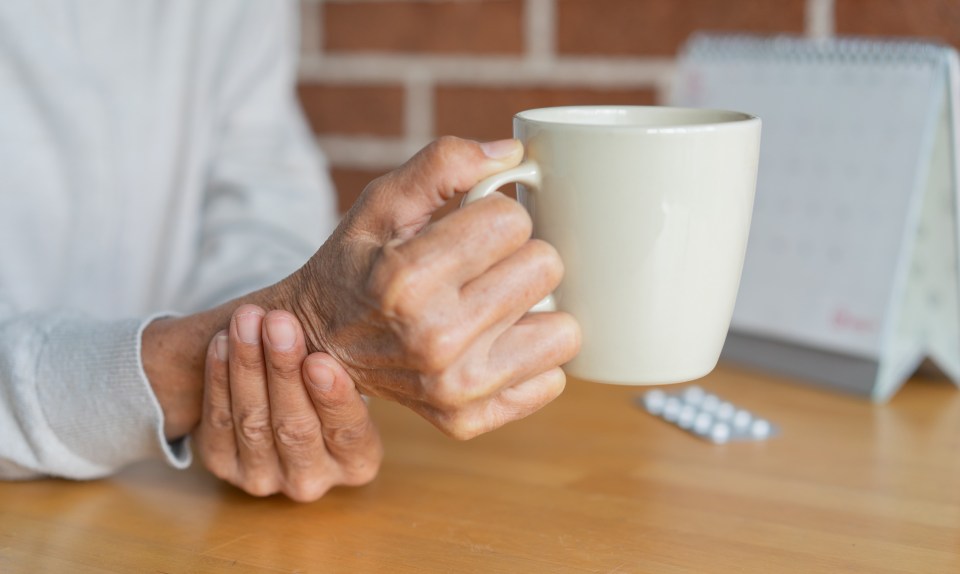
Michael J. Fox, Billy Connolly, Ozzy Osbourne, Muhammad Ali and Neil Diamond are some of the well known people who have suffered from the disease, characterised by a tremor, slowed movements and rigid muscles.
Men are more likely to be diagnosed with it, due to genetic factors, differences in hormone levels or increased exposure to certain environmental toxins.
At the moment, there isn’t a cure for Parkinson’s but there are therapies and strategies that may slow or stop the progression of the condition.
Parkinson’s is brought on by a loss of nerve cells in the brain.
Read more on Parkinson’s
Dr Ray Dorsey, a neurologist and author of The Parkinson’s Plan: A New Path to Prevention and Treatment explains: “The brains of individuals with Parkinson’s display a loss of nerve cells, especially in a part of the brain called the substantia nigra.
“These nerve cells produce a chemical called dopamine.
“In addition to this loss, the remaining nerve cells are cluttered with garbage bags (named Lewy bodies) that are stuffed with a misfolded or abnormally assembled protein called alpha-synuclein.”
Parkinson’s UK says the causes of Parkinson’s are complex and still not fully understood. For most with the condition, there is no way to tell what has caused it.
Most read in Health
It’s likely a combination of age, genetic and environmental factors that cause the dopamine-producing nerve cells to die.
Dr Dorsey claims chemicals in our food, water and air are the main causes of Parkinson’s disease.
He explains: “We can prevent the disease by taking precautions against these chemicals.”
Parkinson’s UK says environmental toxins could kill off dopamine-producing brain cells, leading to the development of the disease. There’s been much speculation on the link between herbicides and pesticides, and Parkinson’s.
CAN WE PREVENT PARKINSON’S?
There are around 166,000 people living with Parkinson’s in the UK.
Parkinson’s UK conducted an analysis of 18 million patient records, published in the journal Movement Disorders.
It suggested 21,000 people in the UK could unknowingly have the illness.
Dr Dorsey believes that there is plenty that can be done to prevent the rise of Parkinson’s globally.
He said: “As countries and entire continents clean their food, water and air, we should begin to see the fall of Parkinson’s.
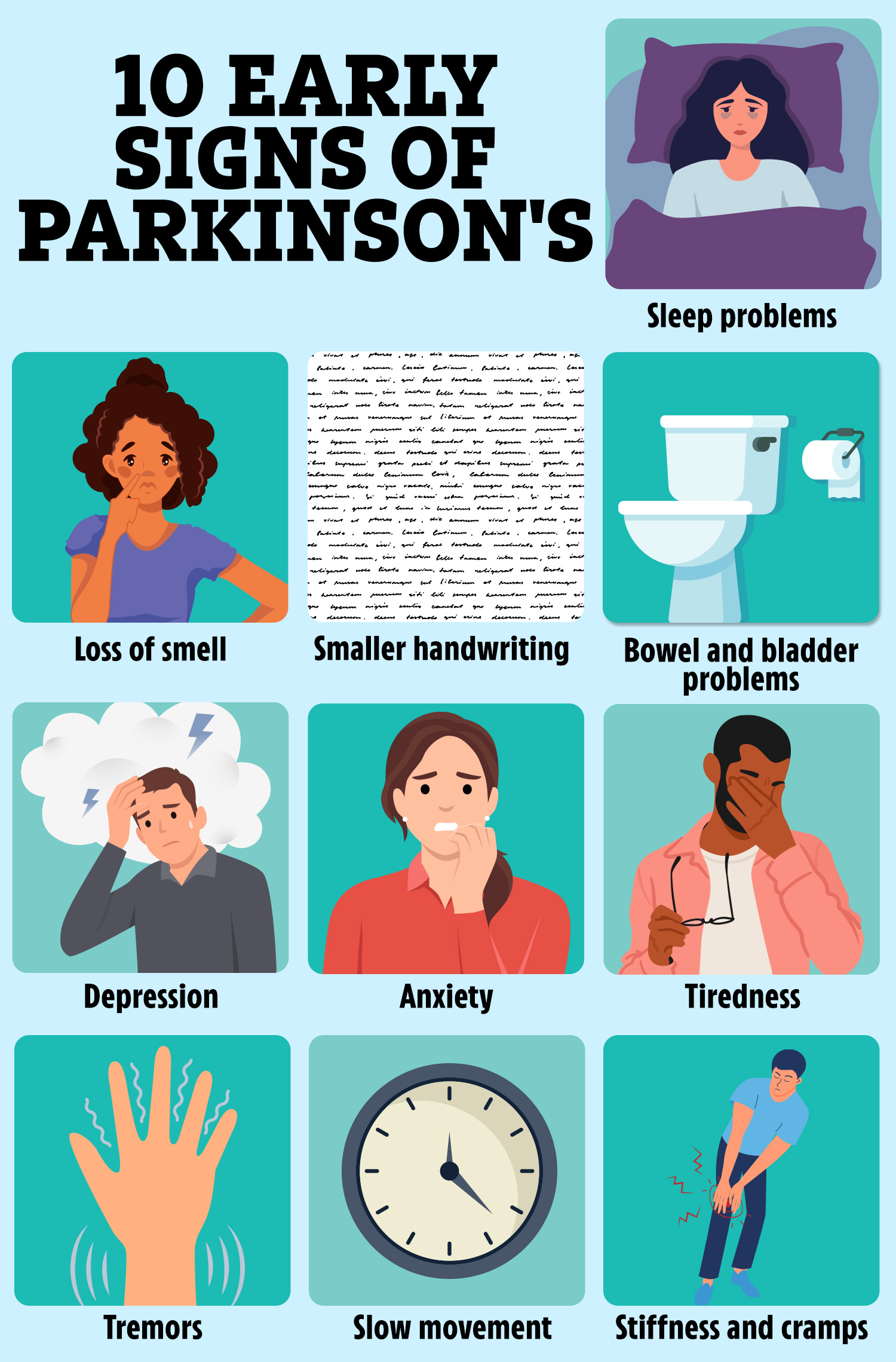
What is Parkinson’s?
PARKINSON’S is a progressive neurological condition.
This means that it causes problems in the brain and gets worse over time.
People with Parkinson’s don’t have enough of the chemical dopamine in their brain because some of the nerve cells that make it have stopped working.
Around 166,000 people live with Parkinson’s in the UK.
It’s the fastest growing neurological condition in the world.
Symptoms start to appear when the brain can’t make enough dopamine to control movement properly.
This usually happens around the age of 50, but some people might see the first signs in their 40s.
There are over 40 symptoms, but the three main ones are:
- A tremor (shaking)
- Slowness of movement
- Rigidity (muscle stiffness)
They can also include:
- Mild memory and thinking problems
- Sleep problems
- Pain
- Mental health problems, including anxiety and depression
There are several different treatments, therapies and support available to help manage the condition.
Source: Parkinson’s UK
“We may be seeing these first signs in Europe, although they are far from definitive.
“European nations were among the first to ban DDT (an insecticide linked to , and the 2001 Stockholm Convention accelerated the elimination of other pesticides (called organochlorines) that dissolve in fat that are implicated in Parkinson’s.”
But he claims simple tweaks to our daily routines may also help protect against the illness.
“By making some simple changes to your life, we may all be able to live longer, healthier lives and say good-bye to Parkinson’s disease,” he says.
1. Diet tweaks
Dr Dorsey has created a specific strategy known as P.L.A.N (prevent, learn, amplify, navigate) which outlines some simple lifestyle changes that may reduce your chances of developing the condition.
This includes washing all produce before eating it and enjoying a daily coffee – as some studies show caffeine consumption is associated with a decreased risk of Parkinson’s.
He also advocates for following a Mediterranean diet, which is high in fruits and vegetables and low in animal products.
Research by Harvard suggests that eating plenty of fruit, vegetables, beans, and whole grains, while cutting down on saturated fat and sticking to lean protein may lower the risk of Parkinson’s disease.
2. Manage diabetes
Dr Dorsey says diabetes is associated with a higher future risk of Parkinson’s and may lead to a faster rate of progression.
He explained: “While it is unlikely a root cause of the disease, diabetes is probably an important modifier of risk and progression.
“So avoid diabetes by eating a healthy diet and staying active, and if you already have it, control your blood sugar levels.
3. Prioritise sleep
Dr Dorsey adds: “Improving sleep is important to maintaining brain health and may be vital for preventing neurodegenerative diseases.
“Sleep is restorative and has been shown to clean toxins from the brain, including the Parkinson’s related protein called alpha-synuclein.
He said: “If you already have Parkinson’s, these actions could possibly slow its progression.
“They apply to everyone everywhere, from the very young to those approaching the end of life.”
LIVING WITH PARKINSON’S
Caring for someone with the disease can come with challenges.
Dr Jane Pritchard, a live-in care specialist at The Good Care Group, which supports adults with Parkinson’s and other conditions said: “Practical support and small adjustments at home can make such a big difference to people with the disease.
“One of the most important things is patience.
“Parkinson’s can slow everyday movements, so giving extra time and avoiding pressure helps reduce stress for both the individual and their caregiver.
“At home, small adjustments like good lighting, clear walkways, non-slip mats in the bathroom, and stable handrails on stairs can significantly reduce the risk of falls.”
“Consistency also matters. Taking medication, eating meals and resting at regular times helps manage symptoms and creates predictability.
“Using simple tools like easy-grip utensils, chairs with arms for support and clothing that is easy to put on can make daily tasks more manageable.
“Above all, listening and adapting to how your loved one feels each day is one of the most powerful ways to show care and support.”
People diagnosed with Parkinson’s typically live for 10 to 20 years or more after diagnosis.
How is Parkinson’s diagnosed?
No tests can conclusively show that you have Parkinson’s disease.
Your doctor will base a diagnosis on your symptoms, medical history and a detailed physical examination.
Your GP will talk to you about the problems you’re experiencing and may ask you to perform some simple mental or physical tasks, such as moving or walking around, to help with the diagnosis.
In the early stages, your GP may find it difficult to say whether you definitely have the condition because symptoms are usually mild.
Referral to a specialist
If your GP suspects Parkinson’s disease, you’ll be referred to a specialist.
This will usually be neurologist or a geriatrician.
The specialist will most likely ask you to perform a number of physical exercises so they can assess whether you have any problems with movement.
Special brain scans, such as a single photon emission computed tomography (SPECT) scan, may also be carried out in some cases to try to rule out other causes of your symptoms.
Source: NHS
Consultant neurologist at Re:Cognition Health Dr Steve Allder explained the benefits of exercise for anyone who is suffering from Parkinson’s as well as the importance of staying socially engaged.
He said: “Regular movement is one of the most powerful tools against Parkinson’s.
“Exercise helps to maintain flexibility, strengthen muscles and reduce stiffness.
“It also boosts mood by releasing endorphins.
“Low-impact activities such as walking, swimming, stationary cycling and Tai Chi are excellent choices.
“Many people also find yoga or dance classes tailored to Parkinson’s highly beneficial.
“Even 20–30 minutes of gentle activity each day can improve balance, mobility and confidence in daily tasks.
“Stiffness and rigidity are common in Parkinson’s, often affecting posture and making movement more difficult.
“A simple daily stretching routine can help prevent this and the focus should be on gently stretching the shoulders, back, hips and legs.
Stretching before bed may also help reduce night-time discomfort and improve sleep quality.”
Isolation can affect mood and cognitive health, so staying socially engaged is vital.
Dr Allder explains: “Staying socially active, whether through family, friends or community groups, helps maintain motivation and emotional wellbeing.
Read More on The Sun
“Joining a Parkinson’s support group in person or online, provides both encouragement and practical advice from people experiencing similar challenges.
“Participating in group activities, like singing, art classes, or walking groups, also stimulates the brain and keeps you connected.”
Get the source article here
